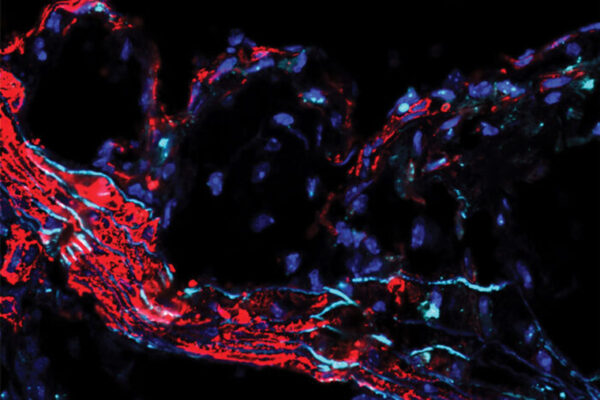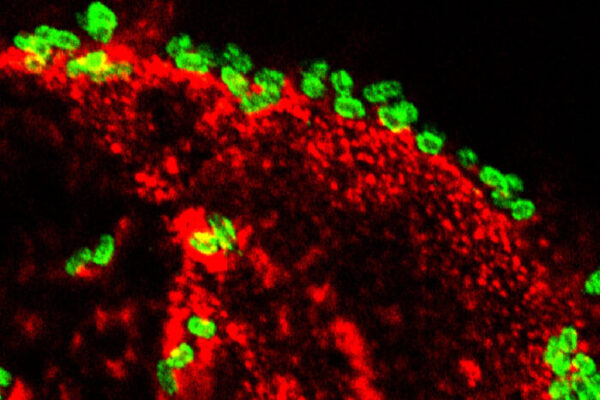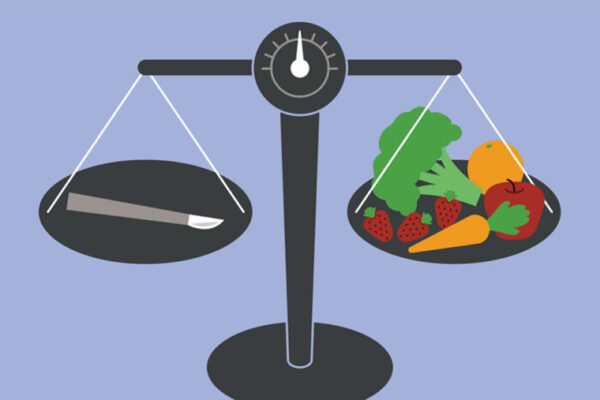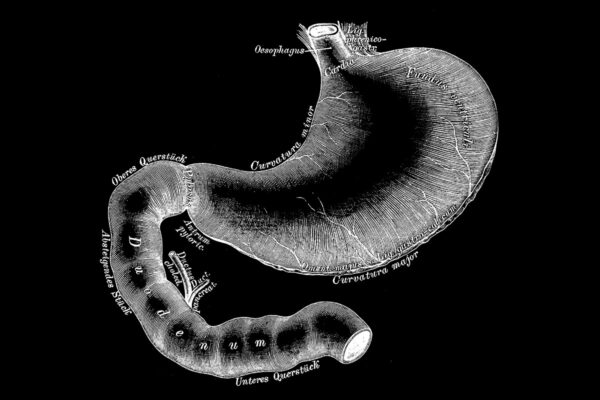Charles J. Kilo, professor of clinical medicine, 94
Charles J. Kilo, MD, a former professor of clinical medicine at the School of Medicine, died of pneumonia March 15 in Naples, Fla. He was 94. Kilo and collaborators at the School of Medicine were among the first to demonstrate that diabetes complications are linked to the duration of the disease and the degree of blood sugar control.
An receives grant to study egg consumption
Ruopeng An, assistant professor at the Brown School, has received a $90,000 three-year grant from the Egg Nutrition Center for a project titled “Influence of Whole Egg Consumption on Diet Quality and Cognitive Function among U.S. Older Adults.”
State laws can bolster physical education among children, study finds
The presence and strength of state physical education (P.E.) laws positively affected P.E. attendance and the frequency and duration of physical activity throughout the day, suggests a new analysis from the Brown School.
Scientists find genetic link to clogged arteries
A new study from the School of Medicine has identified a gene — called SVEP1 — that makes a protein that influences the risk of coronary artery disease independent of cholesterol.
Foodborne fungus impairs intestinal wound healing in Crohn’s disease
A foodborne fungus that is harmless to most people exacerbates gastrointestinal symptoms in people with Crohn’s disease by preventing intestinal ulcers from healing, according to a new study from the School of Medicine and the Cleveland Clinic.
Toxin provides clues to long-term effects of diarrhea caused by E. coli
A study from researchers at Washington University School of Medicine in St. Louis has found that a toxin produced by E. coli changes intestinal cells to benefit itself, an ability that could provide a clue to why the bacteria have been linked to nutritional problems such as malnutrition and stunted growth.
Uncovering genetic roots of marijuana use disorder
An international team of researchers led by scientists at the School of Medicine has identified two regions in our DNA — one newly identified and a second that replicates a past finding — that appear to contribute to one’s risk of becoming dependent on marijuana.
College students access eating disorders therapy via phone app
Studying college women with eating disorders, a team led by researchers at Washington University School of Medicine in St. Louis found that a phone-based app that delivers a form of cognitive behavioral therapy was an effective means of intervention in addressing specific disorders.
Major weight loss — whether from surgery or diet — has same metabolic benefits
Gastric bypass surgery is the most effective therapy to treat or reverse type 2 diabetes in severely obese patients. New research from Washington University School of Medicine indicates that weight loss after surgery, rather than the surgery itself, drives metabolic improvements.
Specific bacteria help explain stunted growth in malnourished children
A new School of Medicine study has shown that specific bacteria living in the upper small intestines of malnourished children play a causal role in stunted growth and other damaging side effects of malnutrition. The knowledge could lead to better therapies.
Older Stories









